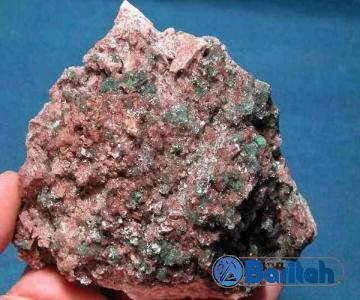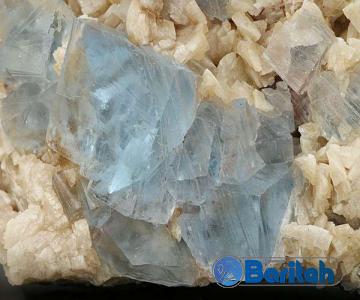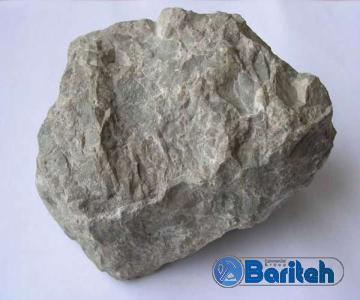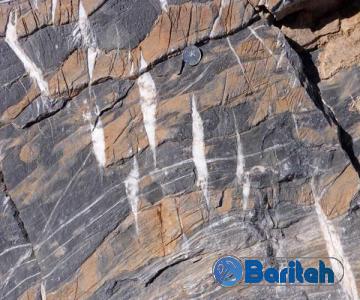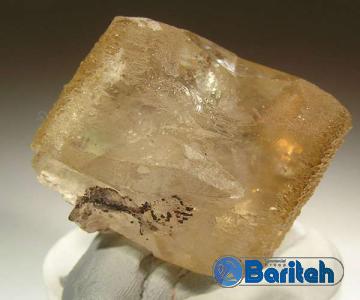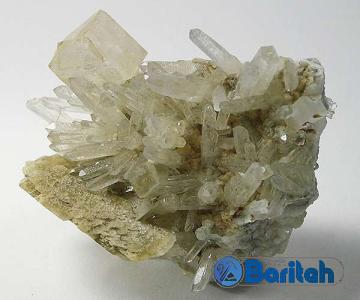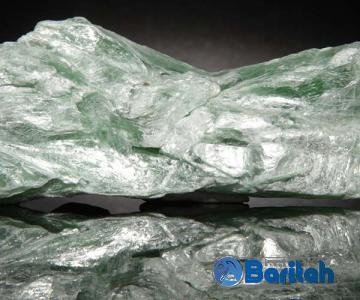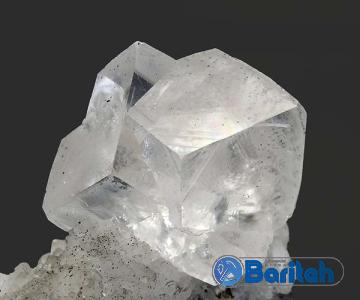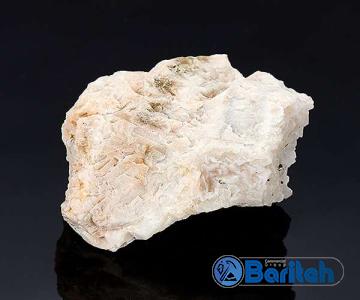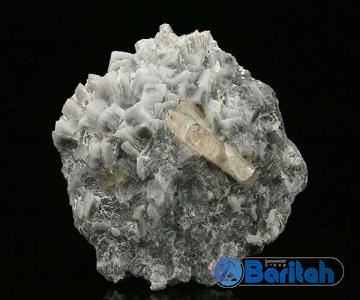Introduction of bentonite powder types + purchase price of the day
As you are aware, bentonite powder is a commonly utilized low-price substance in drilling
After activation, the bentonite of the earthing may be utilized for earthing pit
In this article, you will learn about the many varieties of bentonite and how to use it
Bentonite is a mineral substance belonging to the group of clays or pseudo-clays that typically consists of montmorillonite and a minor quantity of beidellite
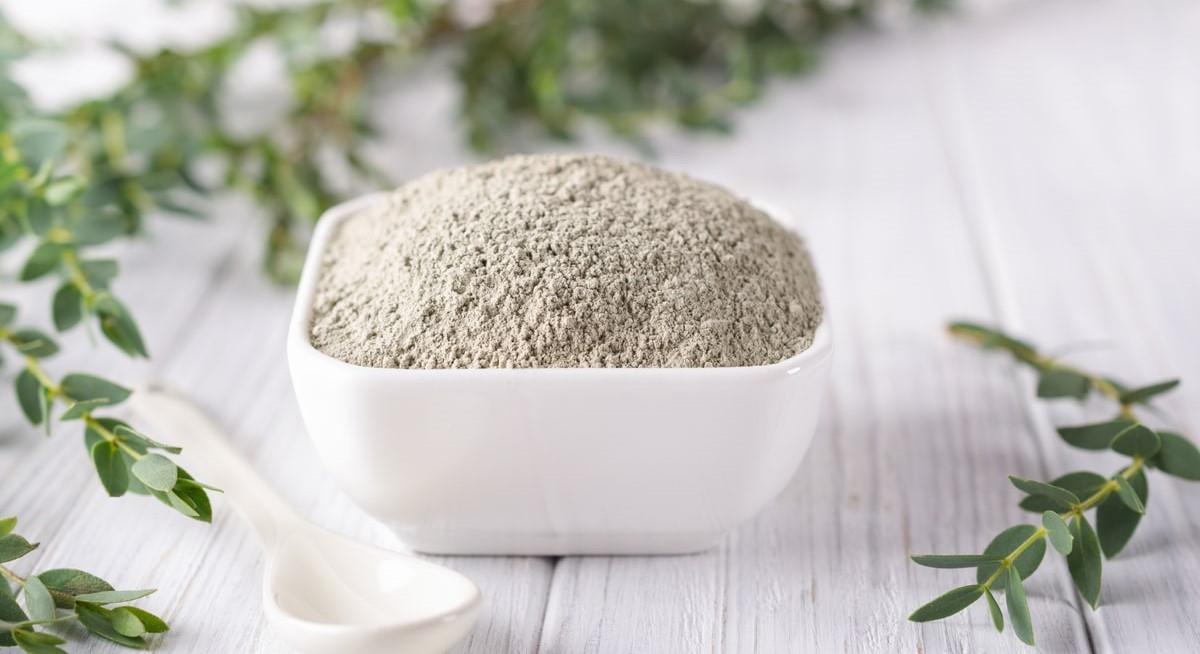
Therefore, bentonite refers to clay containing 85 to 90 percent montmorillonite minerals, and the required qualities for high-quality bentonite rely on the percentage of montmorillonite
Bentonite falls mostly into two categories: Sodium or swelling bentonites Calcareous or immobile bentonites Sodium bentonite or swollen bentonite may absorb many times its usual amount of water
In order for this substance to become gelatinous and sticky after absorbing water
This form of bentonite (bentonite containing sodium) is often used in drilling fluids, wall slurry, and earthing pit bentonite
Bentonite, which is appropriate for earthing and earthing pits, contains extremely fine particles (less than 40 microns), a very wide contact surface, and can absorb water at a rate of 5 to 8 times its original weight and 13 times its dry volume
When the bentonite in the earthing pit reaches six times its initial volume, it turns viscous and thick
In this situation, the material not only retains its form but also sticks to it upon contact with other surfaces, so resolving the issues of soil compaction, adhesion, and connection
Bentonite is introduced and employed as a suitable electrolyte for earthing due to its aforementioned features as well as its affordable pricing in contrast to the salt and coal combination, as well as the issues produced by the usage of coal and salt mixture
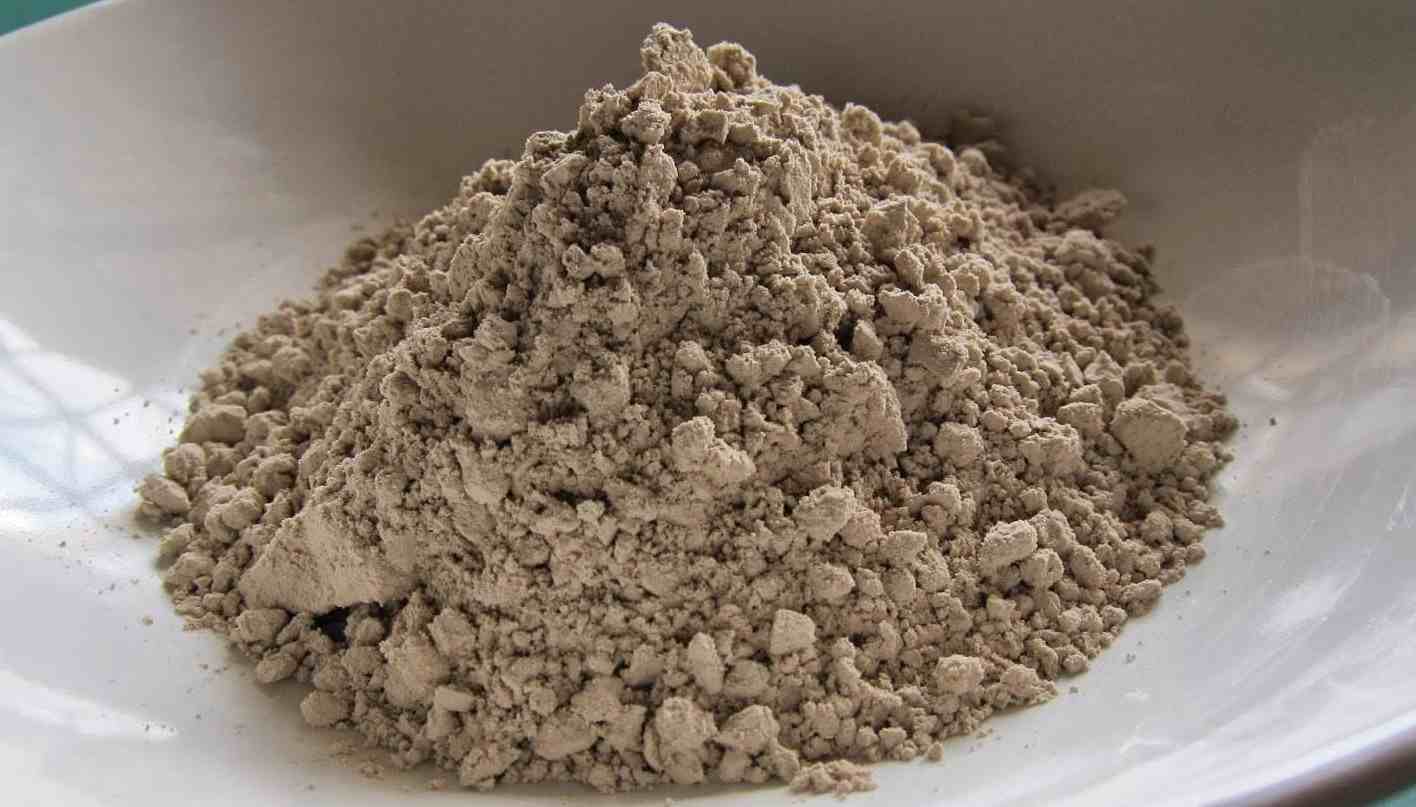
bentonite powder for earthing
The use of bentonite in an earthing pit is feasible from a financial perspective since, in addition to having a cheaper price and higher quality when compared to coal and salt, it also eliminates the costs associated with the repair of corroded components
Salt’s corrosive nature means that after a certain amount of time, the electrodes are entirely ruined, and it is required to replace the electrodes, which incurs a cost
But bentonite does not corrode plates and electrodes
After a period of time, the salt is washed away, and transported to the lower layers of the ground, and the resistance of the earth rises as a consequence of the rain and water that seeps into the soil
The capacity of bentonite to absorb water is great
Because of this quality, it is able to keep its wetness for an extended period of time, making it an ideal material for use in arid and desert environments
In comparison to the combination of salt and coal, bentonite has much higher ion-exchange capabilities
In comparison to coal and salt, bentonite is more manageable and advantageous to transport
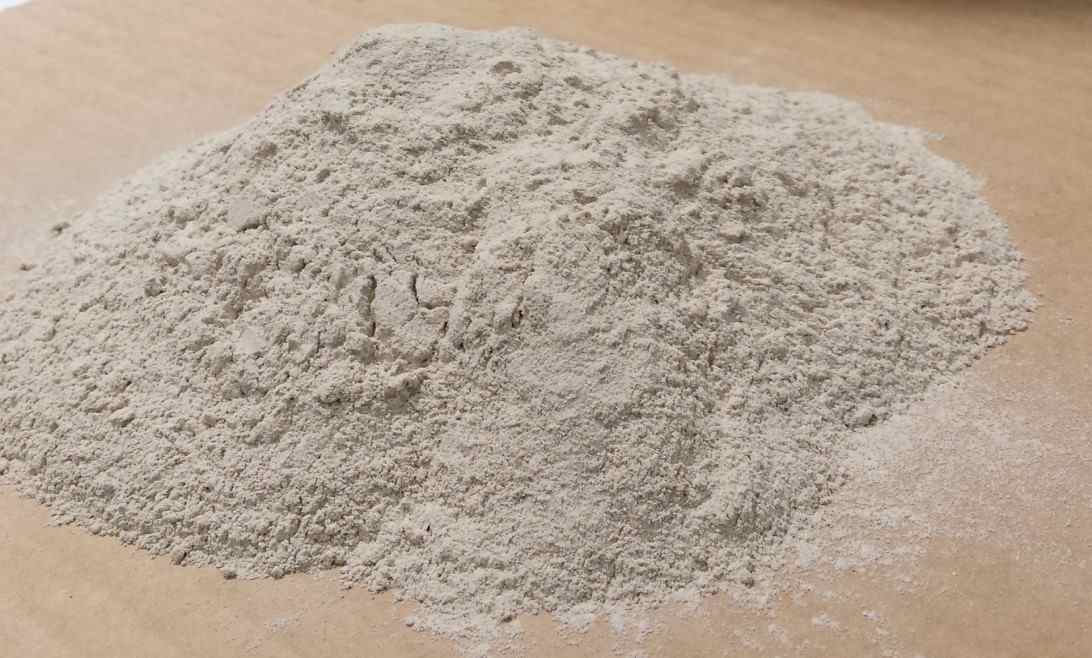
bentonite powder for earthing price
The cost and price of earthing using bentonite powder are determined by a number of different parameters, including the following: Examining the earth physically Analytical methods to determine the degree of purity The quantity of water that can be absorbed
The kind of package The total amount spent The degree to which the ground’s resistance is decreased
The cost of bentonite mines and wells After the aforementioned factors have been identified and the buyer has provided an explanation to the seller, the price of bentonite for an earthing pit will be calculated
These parameters will be extremely helpful in calculating the price of bentonite for an earthing pit
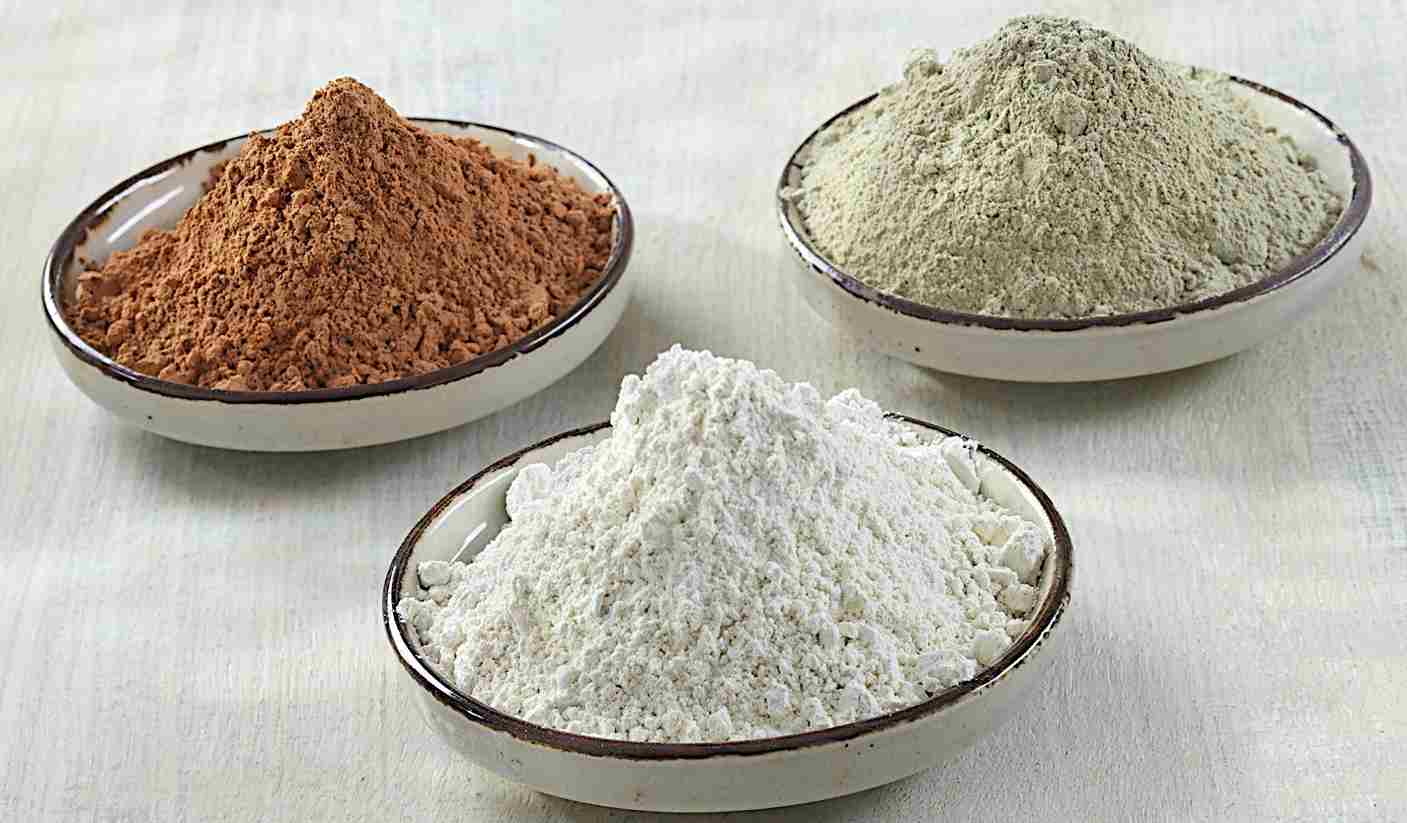
Because of the benefits it offers, bentonite may stand in lieu of the combination of salt and coal
These advantages include the following: The copper plate exhibited no signs of deterioration
Avoid rusting of the wires
Keeping the earth rod from deteriorating due to rust No harmful environmental effects There will be no effect on the subsurface water tables
Unimaginably low cost
Very appropriate electronics Lessen the amount of ground resistance
Compatible for usage on rough terrain Application in parched and arid regions the absence of clutter and the simplicity of its application
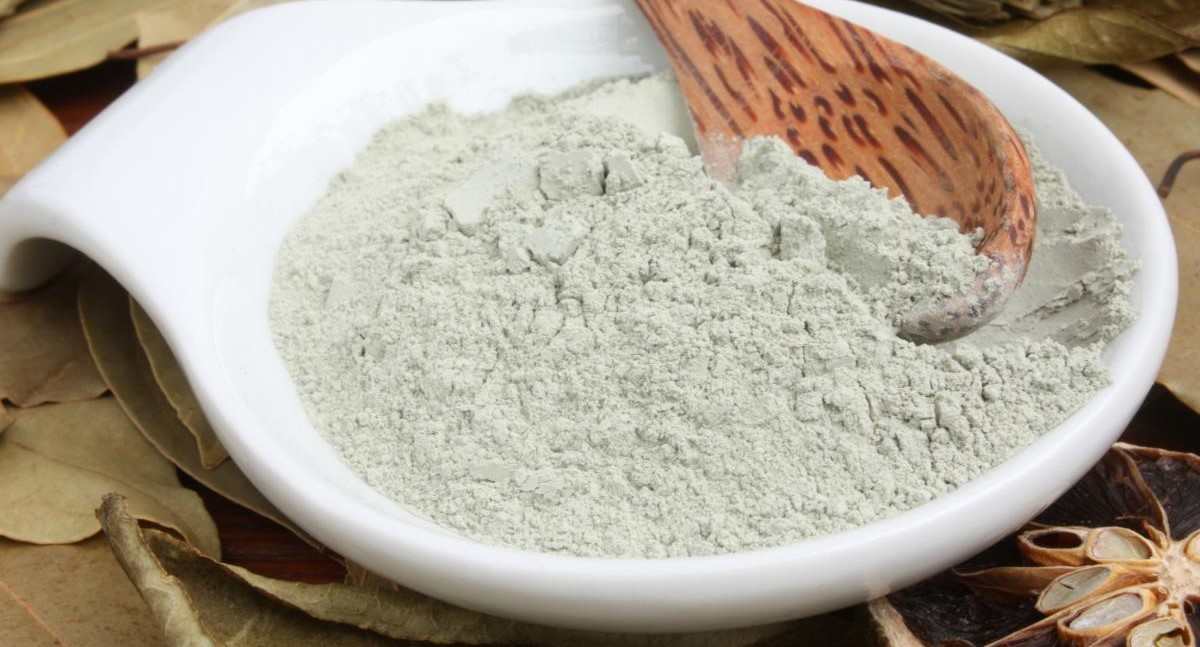
how to use bentonite powder for earthing
If you wonder how to use bentonite powder for earthing, then please read the following three methods:
A) Activated bentonite in surface pits
1- Dig a 75-cm-deep, 30-to-40-cm-wide, desired-length channel
If the earth freezes deeper than 75 cm, dig a deeper channel
2- Cover the channel bottom with bentonite slurry (35% bentonite, 65% water) up to 10 cm
3-Lay wire or copper rod on the bottom layer following grounding system directions
4- Cover the wire with bentonite slurry up to 15 cm
5-Silt the channel
According to the capacity of the excavated channel and the project’s environmental requirements, 30 to 45 kg of dry active bentonite is required per meter
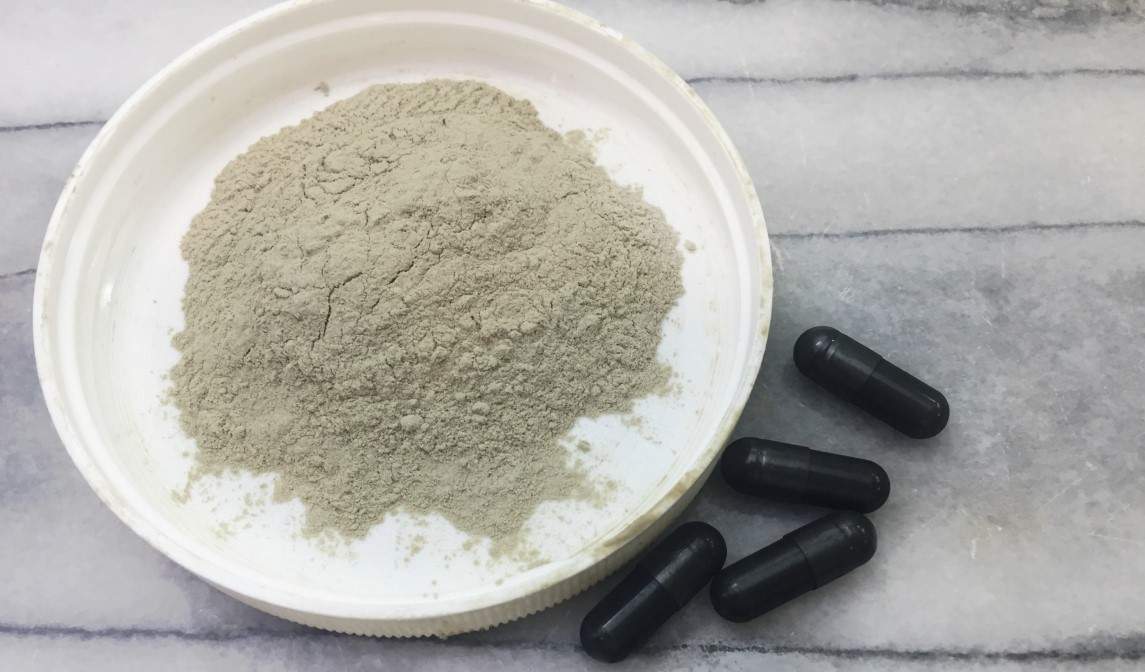
B) Installing earth rods in pits with activated bentonite
1- Dig a 90-to-60-cm-diameter, 3-m-deep hole
2-Place a 3-meter-long earth rod (or two 1
5-meter rods joined) in the hole so 50 cm dips into the ground
3- Pour a hard slurry (35% bentonite, 65% water) around the rod
4- Preparing bentonite and well-filling the earth: The lowest level has 65% bentonite slurry while the top level has 35%
5-When filling the well, add 20 cm of bentonite slurry and compress it so the particles attach to the earth rod
300 to 400 kg of dry bentonite is required for a 3-meter well ring, depending on the well’s diameter and climatic circumstances
C) Earthing bentonite wells with copper plates
1- Dig a 3-meter-deep, 60-90-cm-diameter earthing hole
2- The screen’s earth wire should be connected twice
3-Place a 500*500*3 mm earth plate vertically in the well
4- Pour the firm bentonite slurry into the pit so it covers the board up to 35 cm
5-Fill the well with 30% bentonite, 70% dirt, and water
200-250 kg and 120-150 kg of dried bentonite are required to fill the earth pit with this technique and size
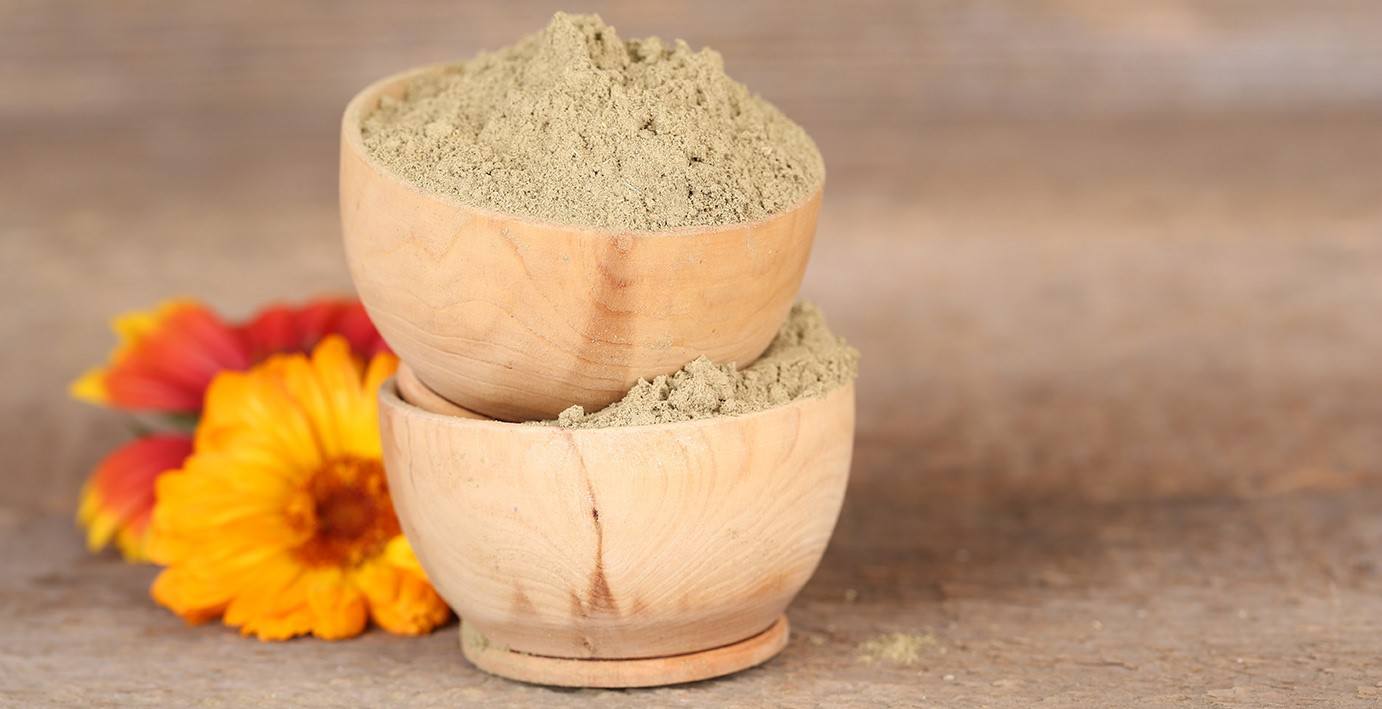
bentonite powder used for earthing
Earthing pit Bentonite powder, sometimes known as active bentonite, is a form of clay mineral with an extremely low resistance to an electric current; for this reason, it is used for filling the ground wells of structures
In the past, a combination of salt and coal was used to ground structures, but active bentonite has since supplanted it due to the following properties: Additional safeguards for electrodes and earthing pit equipment Very low cost and enhanced effectiveness Capability to produce robust mortar The use of bentonite in the earthing pit fills the voids surrounding the electrodes, therefore strengthening the construction and decreasing the electrical resistance
Active bentonite has thixotropic qualities, meaning that over a period of time it creates a gel that cannot be removed by washing
Bentonite is rich in montmorillonite and has a high water-absorption capability
In order to make the bentonite slurry for the earthing pit, the bentonite soil must be slowly and alternately poured and dissolved in water to form a homogenous slurry
The slurry should be composed of 35% bentonite and 65% water
Note that if you add water to bentonite, you will not get a viable slurry
According to the following requirements, bentonite soil may be used to construct earthing pits: If sodium bentonite granules are less than 20 microns in diameter, they possess the following properties: The extremely high contact area of around 800 square meters per gram
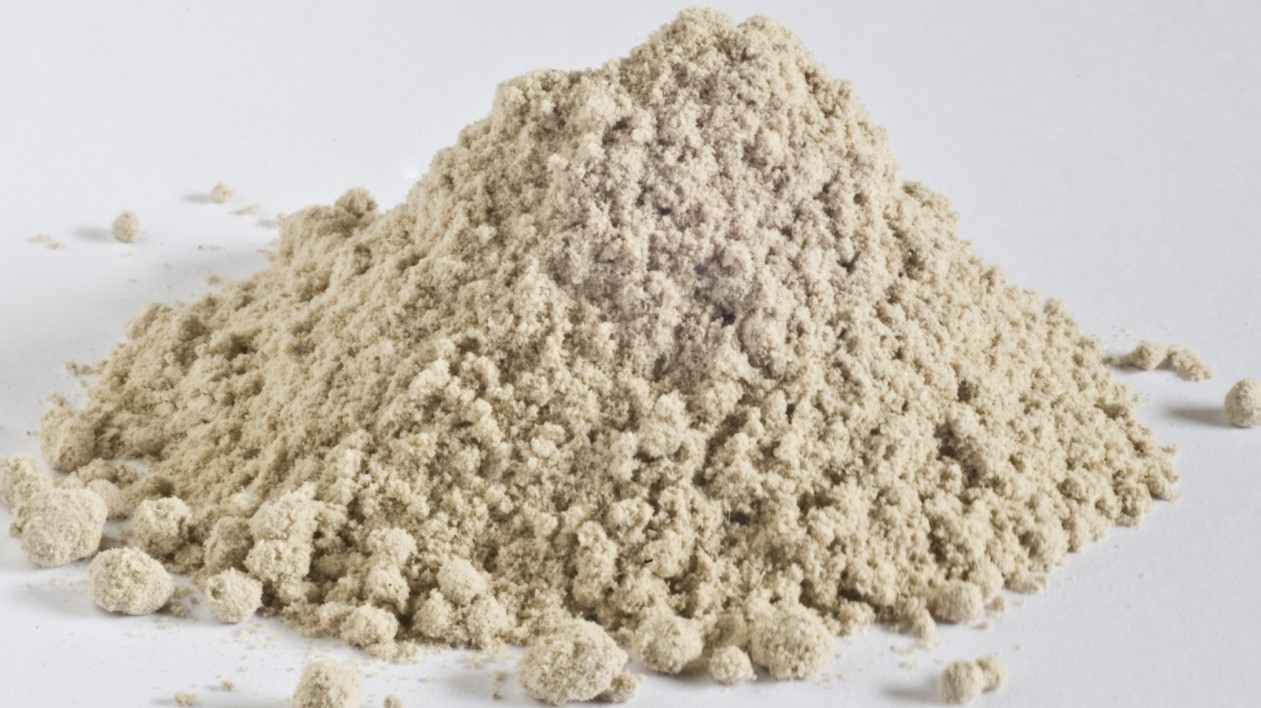
The quantity of water absorbed is five times the initial mass
The volume expansion and swelling are about 13 times the dry volume
Extremely high viscosity when diluted with water
Significant adherence The capacity to keep its form and condition Create soil compaction, hence enhancing the adherence of various materials
Reinforcement of walls
